In early December 1938, the critic and editor Malcolm Cowley set out to compile a form of end-of-year list for The New Republic. He and the other editors wrote to their friends seeking to compile a list of recent “Books That Changed Our Minds.” They didn’t debate what it would mean to call their choices the best. The books simply needed to have made them think in a new way.
Eighty-five years later, we’re attempting something similar with our list of books of the year. We drew this list from the books that our staff have spent this year reading, discussing, and in some cases criticizing. This is far from an exhaustive guide to the very best books that were published this year. Many are not on this list. But these 15 are some of the books that changed our minds.
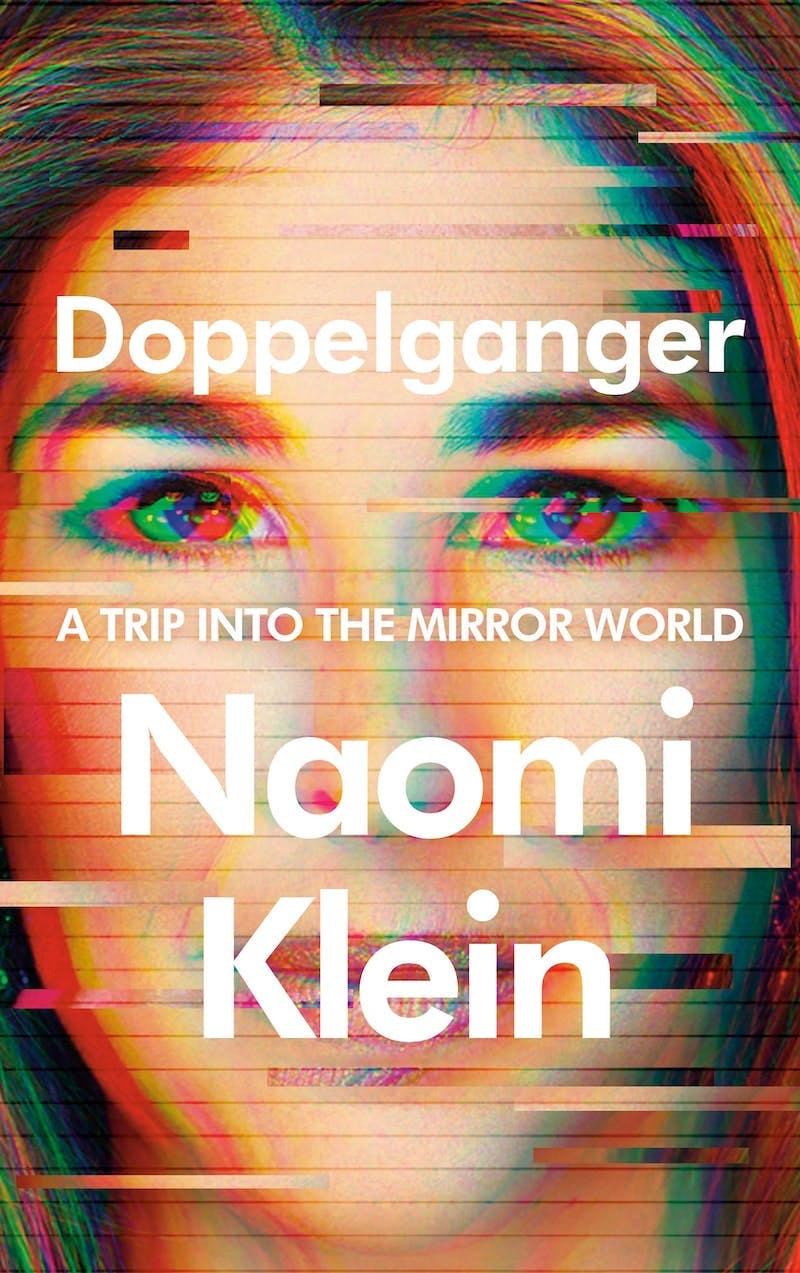
Doppelganger: A Trip Into the Mirror World by Naomi Klein
Farrar, Straus and Giroux, 416 pp., $30.00
Naomi Klein’s story of being repeatedly confused with Naomi Wolf—and consequently yelled at and abused online—is gripping and revealing, both as a psychological study and for its explorations of toxic social media dynamics. But Klein uses the subject to open up a much larger set of questions: about how so many people have in recent years broken with conventional left-right political affiliations and a shared understanding of reality, and plunged into the world of vaccine denial and conspiracy theories. More than a tale of mistaken identity, Doppelgänger is a uniquely astute account of the scrambled political formations that have come out of the pandemic.
—Laura Marsh
Read our full review.
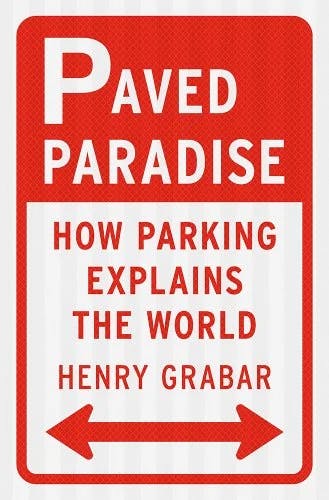
Paved Paradise: How Parking Explains the World by Henry Grabar
Penguin Press, 368 pp., $30.00
“Whoever said life was about the journey and not the destination never had to look for a place to park,” notes urbanist Grabar. His lively examination of how the problem of car storage became the preeminent quandary of urban design—and how “solutions” have mutilated the environment, thwarted affordable housing construction, and created landscapes so ugly that no one wants to spend any actual time in them—is both dismaying and enlightening.
—Lorraine Cademartori
Read our full review.
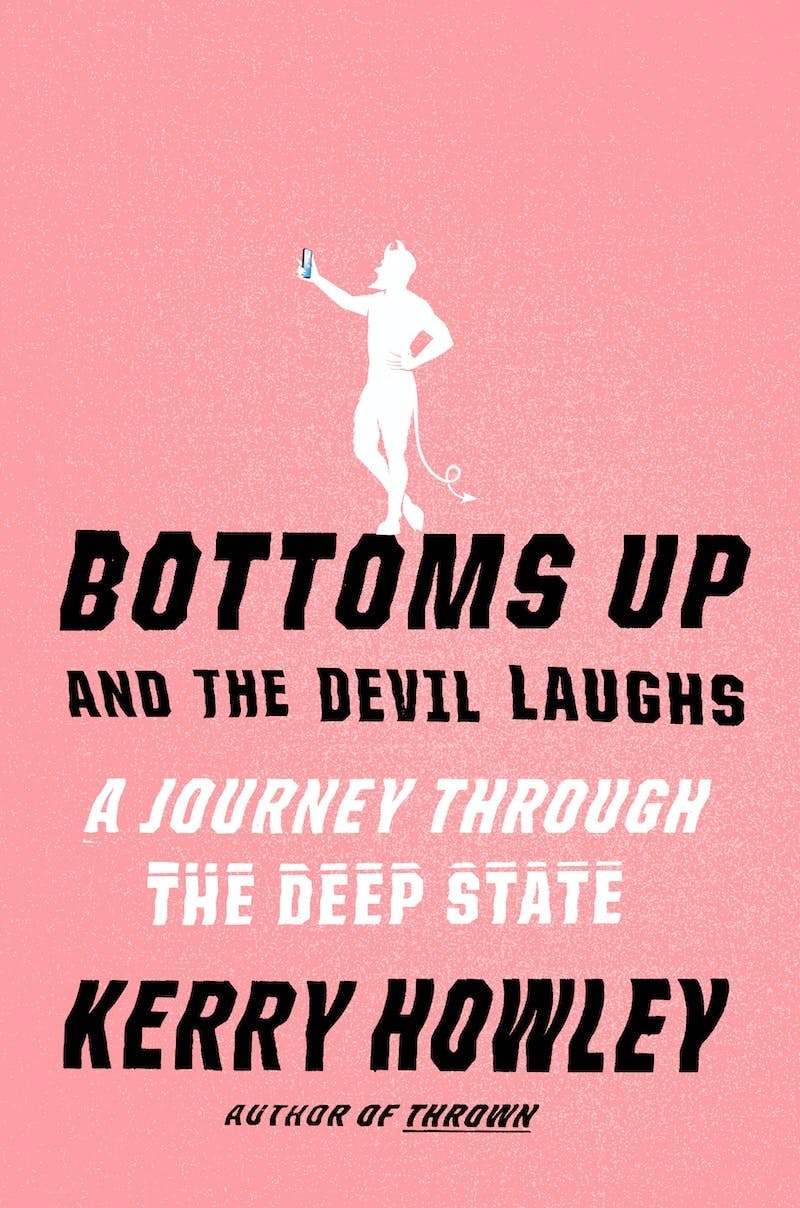
Bottoms Up and the Devil Laughs: A Journey Through the Deep State by Kerry Howley
Knopf, 256 pp., $28.00
The travails of Reality Winner, aspiring whistleblower in over her head, make a fantastic story. But there is no better way to tell it than through the cracked lens of Kerry Howley’s inimitable prose. Sly and sidling, Howley’s trip through the deep state’s wires is off-kilter and often funny as she drags you to the realization that there is no such thing as a private life anymore.
—Jason Linkins
Read our full review.

The Undertow: Scenes From a Slow Civil War by Jeff Sharlet
W.W. Norton, 352 pp., $28.95
In this chronicle of the United States during the Trump era, and his drive across the country, Jeff Sharlet writes with care and clarity about the people to whom Trump appeared a sign of their coming redemption. Sharlet has long been an up-close witness to the Christian right. He generously argues against the impulse to see this political moment as an exception. There’s no better guide to the things falling apart.
—Melissa Gira Grant
Read our interview with Jeff Sharlet.
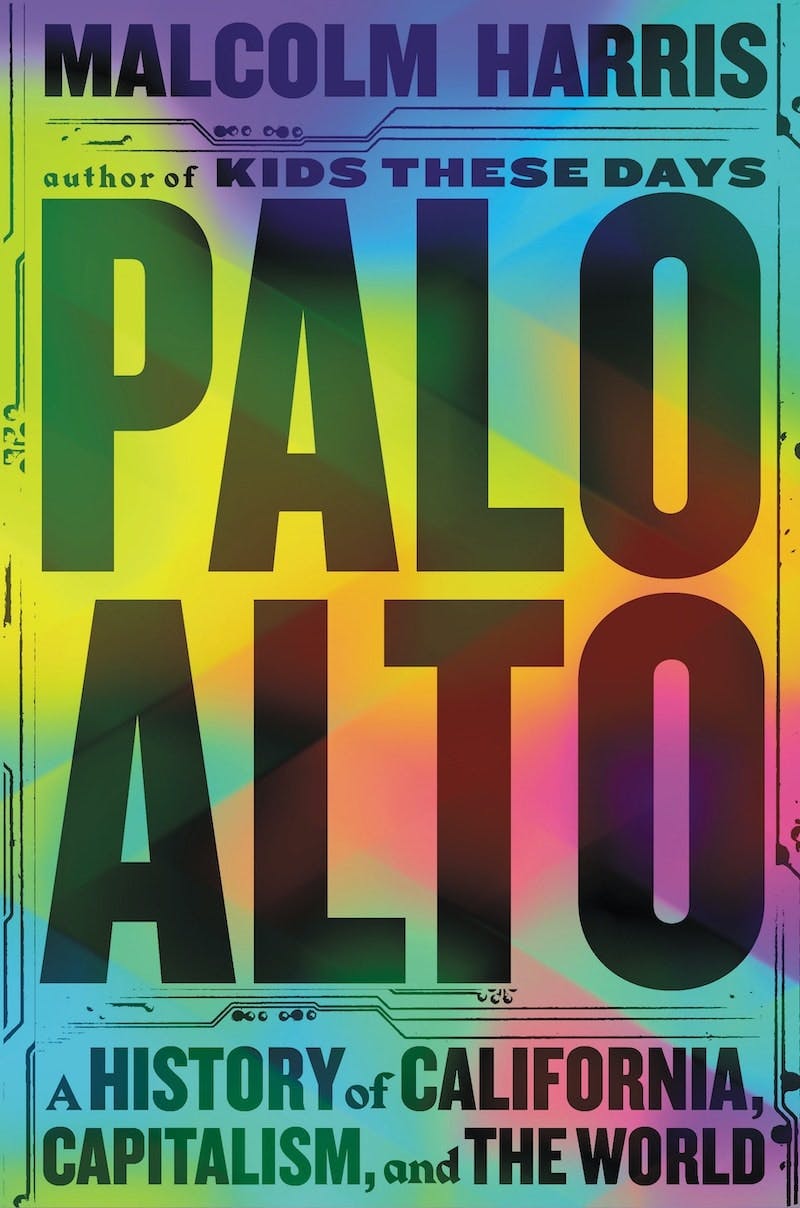
Palo Alto: A History of California, Capitalism, and the World by Malcolm Harris
Little, Brown, 720 pp., $36.00
Our reviewer Scott Stern wrote that “Palo Alto is far from the first history of the town, its residents, or its influence, but it is among the most capacious. Its strength lies in this very broadness,” ranging from Leland Stanford’s horse farm to his founding of the university bearing his own name, to the postwar boom in the tech industry. Read it alongside Anna Wiener’s Uncanny Valley and Margaret O’Mara’s The Code to understand how Silicon Valley spread its ideology far and wide.
—Laura Marsh
Read our full review.
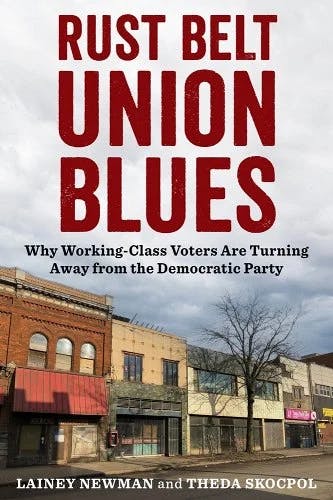
Rust Belt Union Blues: Why Working-Class Voters Are Turning Away From the Democratic Party by Lainey Newman and Theda Skocpol
Columbia University Press, 328pp., $26.95
Why is the working class drifting away from the Democratic Party? In Rust Belt Union Blues, Lainey Newman, a student at Harvard Law School, and the venerable Harvard sociologist Theda Skocpol argue that unions stopped performing the community-building function—picnics, softball games—that cemented their influence, and that the void got filled by right-wing gun clubs, drinking clubs, and so on. Forget Bowling Alone; the real problem is Bowling With the Wrong Crowd. It’s an original and very persuasive case.
—Timothy Noah
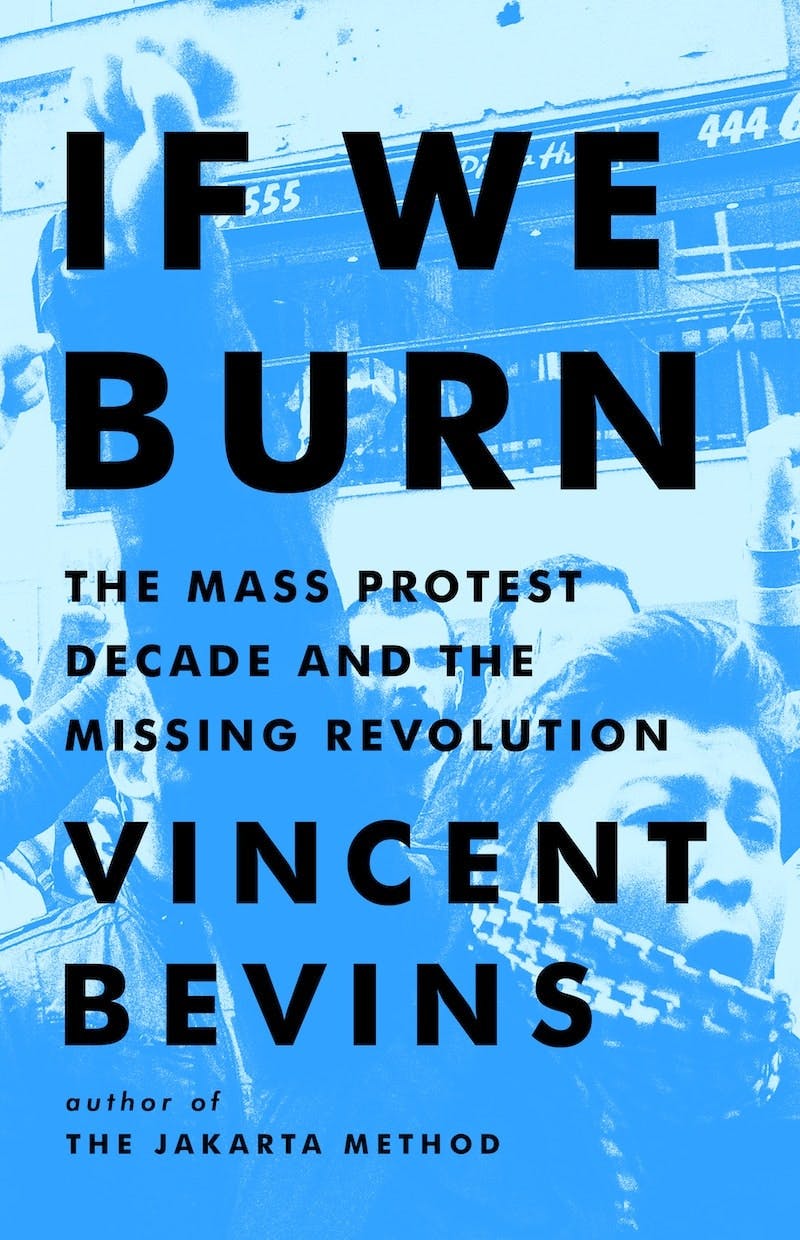
If We Burn: The Mass Protest Decade and the Missing Revolution
by Vincent Bevins
PublicAffairs, 352 pp., $30.00
Journalist Vincent Bevins’s first work, The Jakarta Method, studied the development of a system of brutal oppression. His new book, If We Burn, charts the effectiveness of recent mass uprisings, from Bahrain to Brazil, Ukraine to Hong Kong. “He comes away from his globe-trotting search,” our critic Osita Nwanevu wrote in September, “with critical lessons for activists both here and abroad. Setting the world afire, it turns out, is easier than one might expect. Tending to the flames is harder.”
—Laura Marsh
Read our full review.
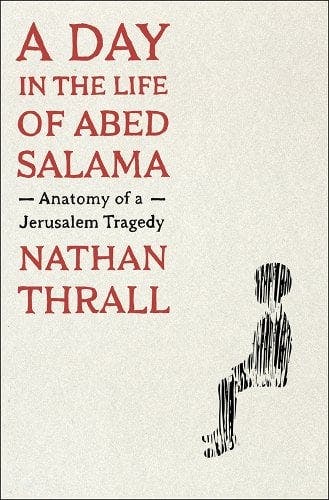
A Day in the Life of Abed Salama: Anatomy of a Jerusalem Tragedy by Nathan Thrall
Metropolitan Books, 272 pp., $29.99
A Palestinian man’s desperate search for his kindergarten-age son, who went missing after a deadly school bus crash just north of Jerusalem in 2012, becomes a portal into decades of Israeli-Palestinian history in this haunting work of narrative nonfiction. As Thrall captures the lives that unfold amid the West Bank’s “architecture of segregation”—its checkpoints, border walls, Israeli-only roads, military outposts, and ever-expanding settlements—what might have been written off as a tragic accident on a stormy day illuminates the innumerable crimes of an apartheid society.
—Jack McCordick

The Palestine Laboratory: How Israel Exports the Technology of Occupation Around the World by Antony Loewenstein
Verso, 304 pp., $29.95
Antony Loewenstein dissects how and why the Jewish state went all in on arming the world’s autocrats, from Viktor Orbán to Mohammed bin Salman—a dizzying but essential read.
—Sam Russek
Read our full review.
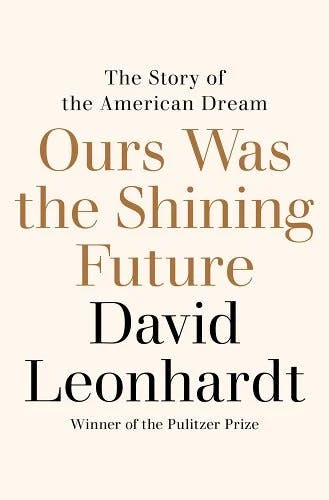
Ours Was the Shining Future: The Story of the American Dream by David Leonhardt
Random House, 528 pp., $32.00
David Leonhardt has chronicled our rampaging economic inequality for a couple decades now in The New York Times. His sweeping history of the collapse of the American dream is an important contribution to the literature on this topic because, while some of the material will be familiar to people interested in this subject, he offers a narrative frame that I found unique and persuasive. “Power, culture, and investment” are the three forces that have warped our priorities, and the three battles we need to win to reshape them.
—Michael Tomasky
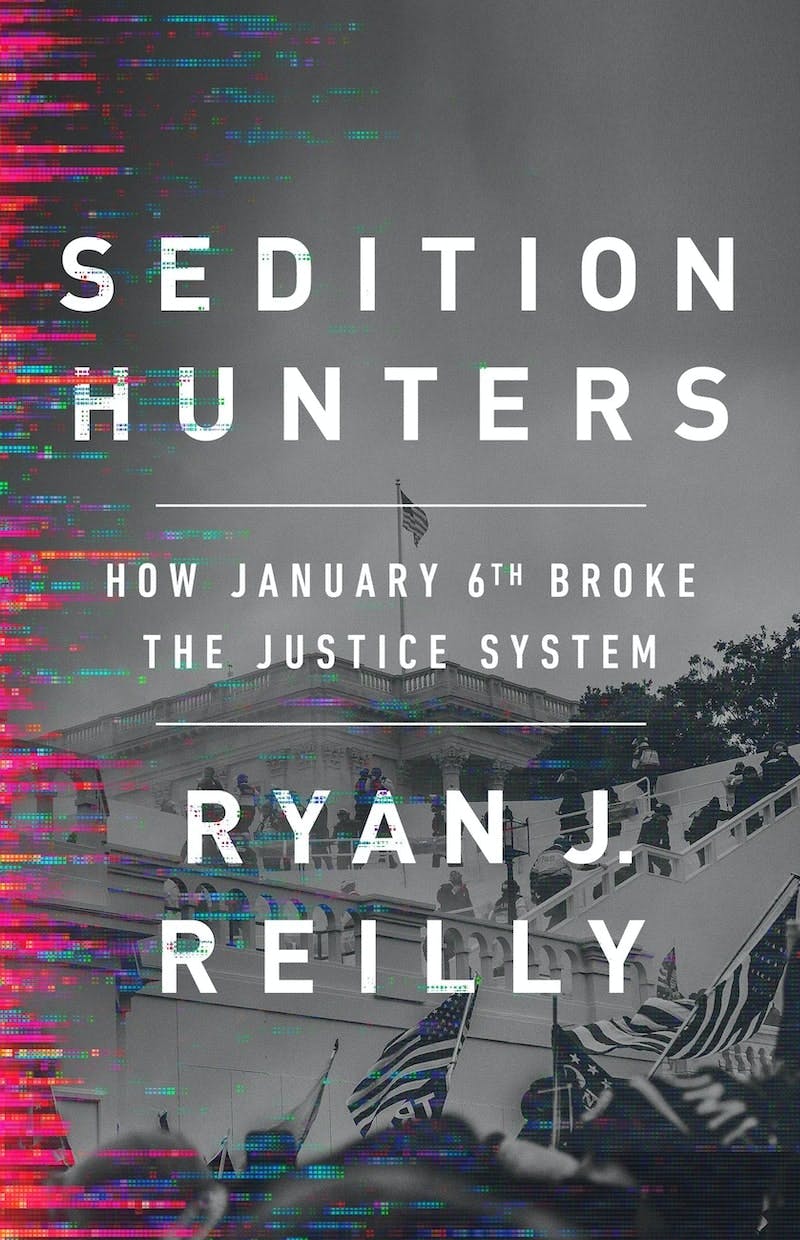
Sedition Hunters: How January 6th Broke the Justice System by Ryan J. Reilly
PublicAffairs, 480 pp., $32.50
Reilly’s book focuses on the insurrection on January 6, 2021, and the ensuing federal investigation—an undertaking so vexed that the FBI lagged behind a group of independent citizen sleuths, whose work both resulted in many breakthroughs and revealed worrying weak spots in the justice system. Unlike the technologically challenged and politically strained Justice Department, these ordinary Americans had a single-minded focus on identifying the insurrectionists and had the internet savvy to achieve their goals.
—Grace Segers
Read our full review.
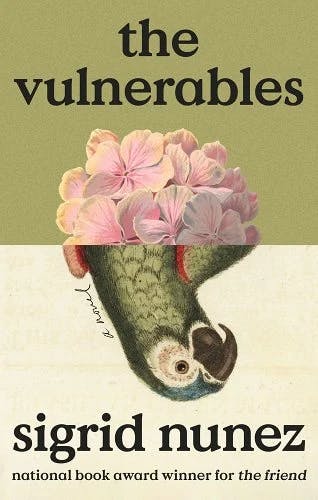
The Vulnerables by Sigrid Nunez
Riverhead Books, 256 pp., $28.00
“In recollection it seems less memory than dream, how transformed the stricken city was,” writes Nunez of New York under lockdown during the pandemic. Grave, luminous, and funny, this story of a woman caring for a rich friend’s parrot ponders huge questions—our catastrophic relationship with nature, loneliness, the death of the novel.
—Kirsten Denker

Kairos by Jenny Erpenbeck
New Directions, 336 pp., $25.95
Jenny Erpenbeck’s novel of a love affair in East Germany focuses on “a decisive moment in these small lives, but it’s also a novel about a moment in history,” contributing editor Rumaan Alam wrote in his review in June.
—Laura Marsh
Read our full review.
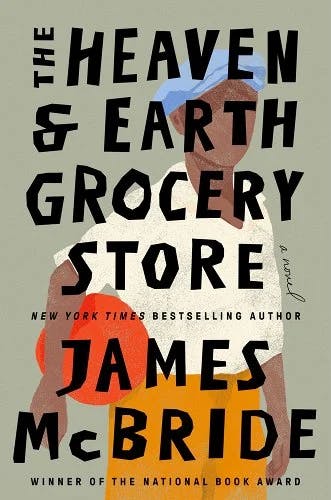
The Heaven & Earth Grocery Store by James McBride
Riverhead Books, 400 pp., $28.00
In a novel that I will remember for decades, James McBride conjures up the world of an impoverished Black community and immigrant Jews in Chicken Hill in Pottstown, Pennsylvania, during the 1930s. With wit, compassion and a deft hand at plotting, McBride manages to make that enclosed geographic area come so alive that it encompasses the name of the tiny store at the center of the story—Heaven & Earth.
—Walter Shapiro
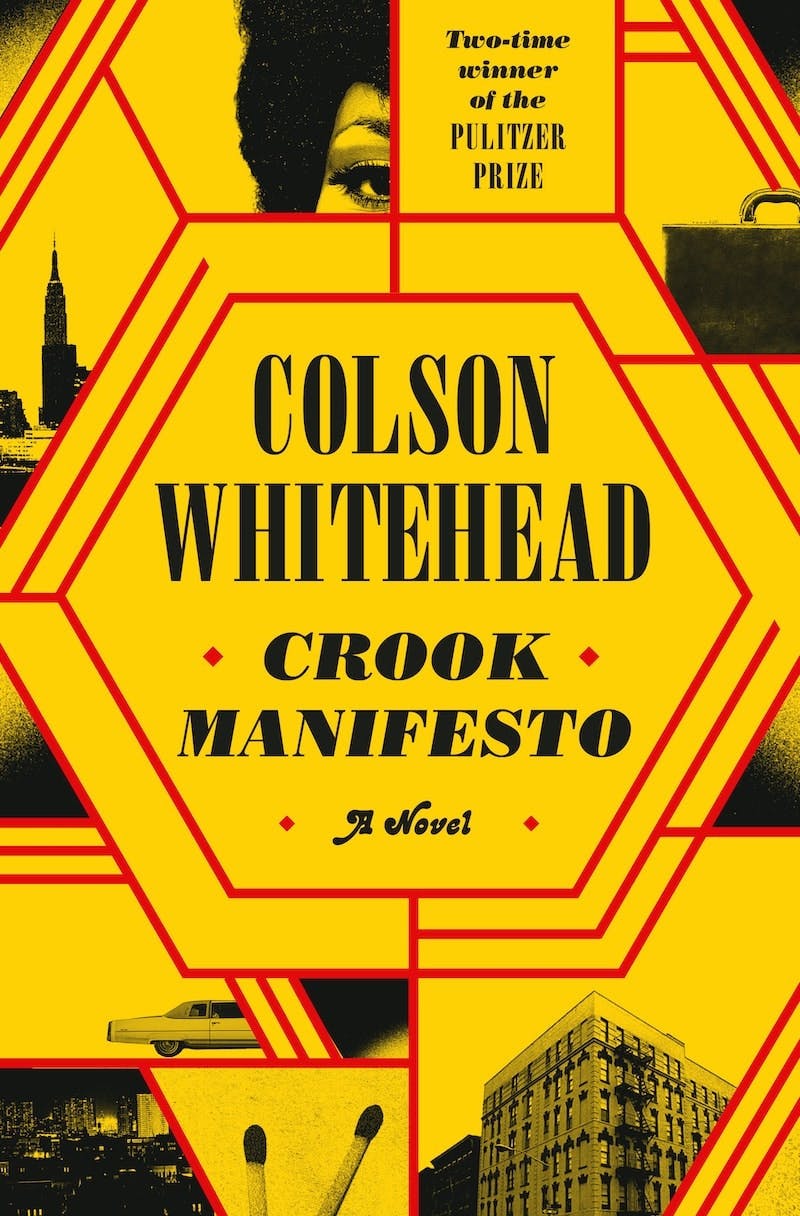
Crook Manifesto by Colson Whitehead
Doubleday, 336 pp., $29.00
“From ‘the character of light on 125th Street’ in the summertime to the graffiti that ‘exploded on the train cars in balloon letters and sharp-angled glyphs,’ Crook Manifesto is filled with precisely observed visual impressions of New York City—evocative writing suffused with nostalgia for the gritty New York of the ’70s,” Evan Kindley wrote in his review in August.
—Laura Marsh
Read our full review.









